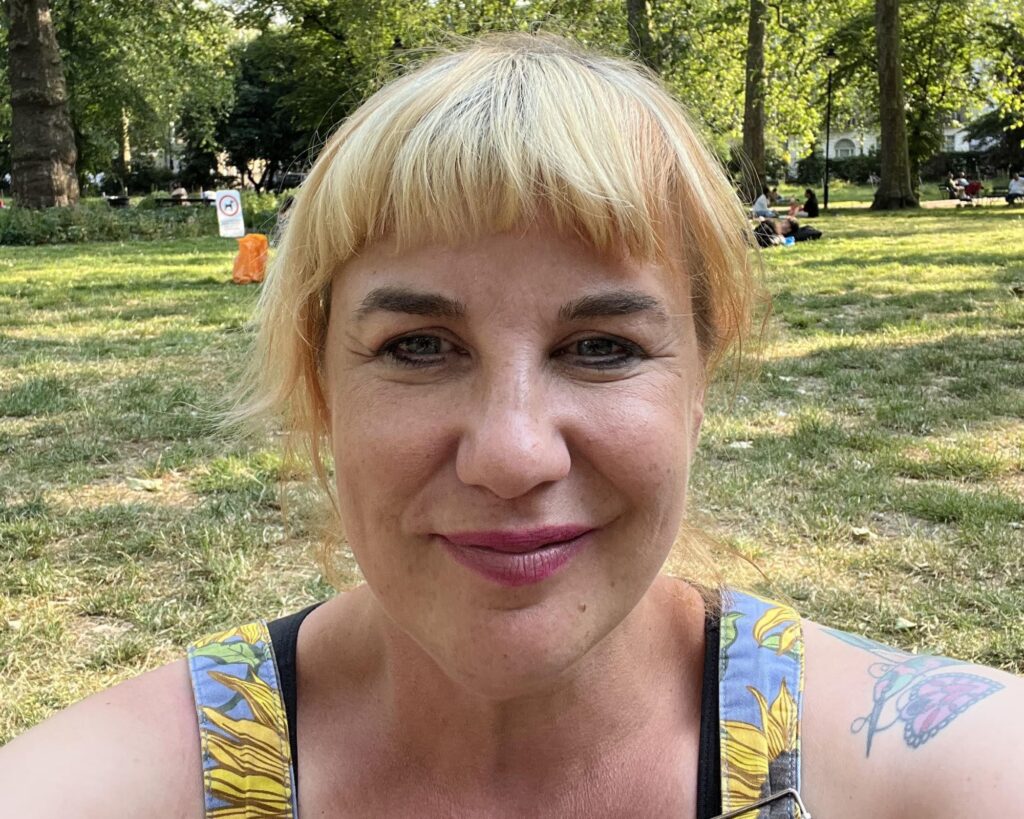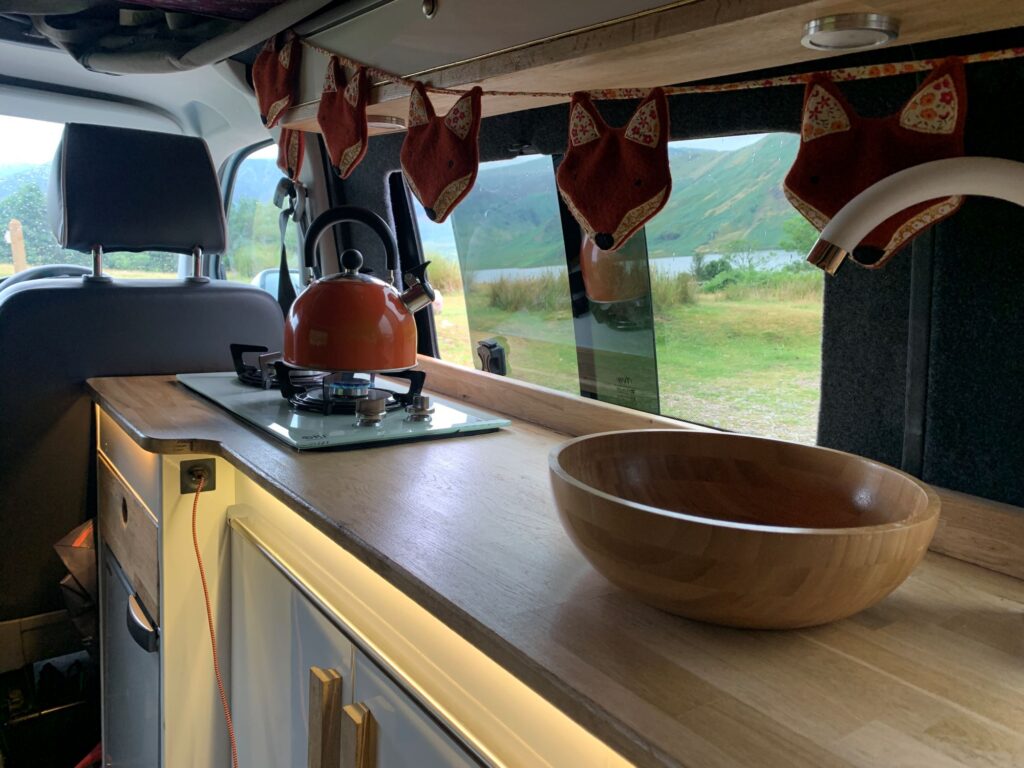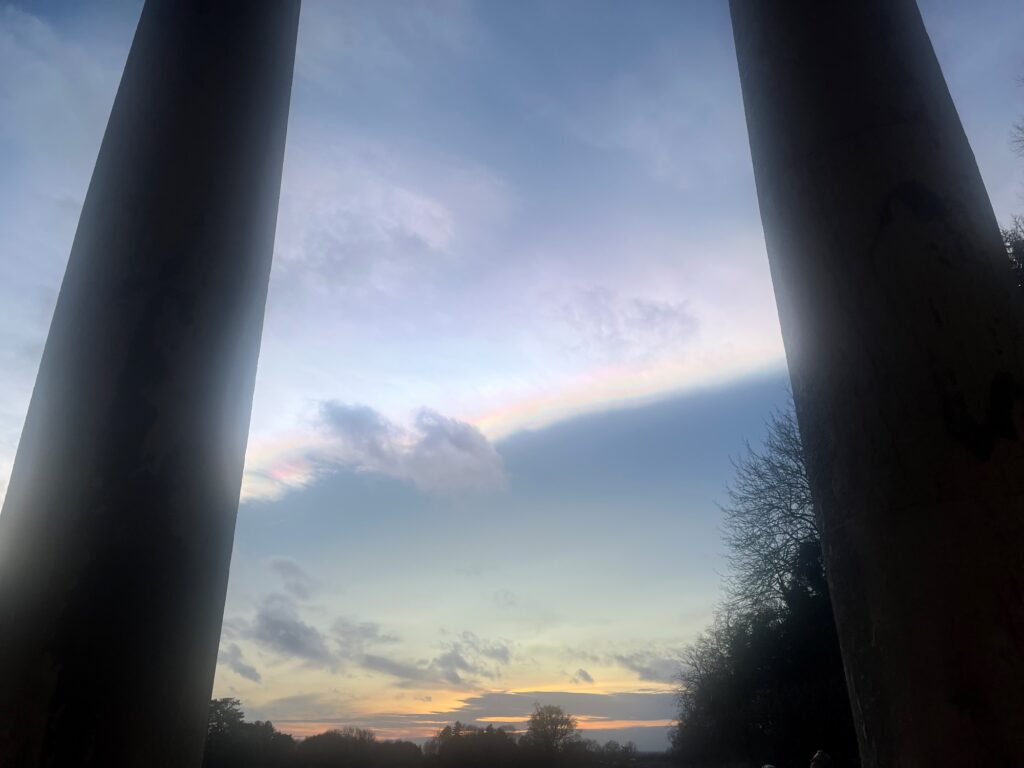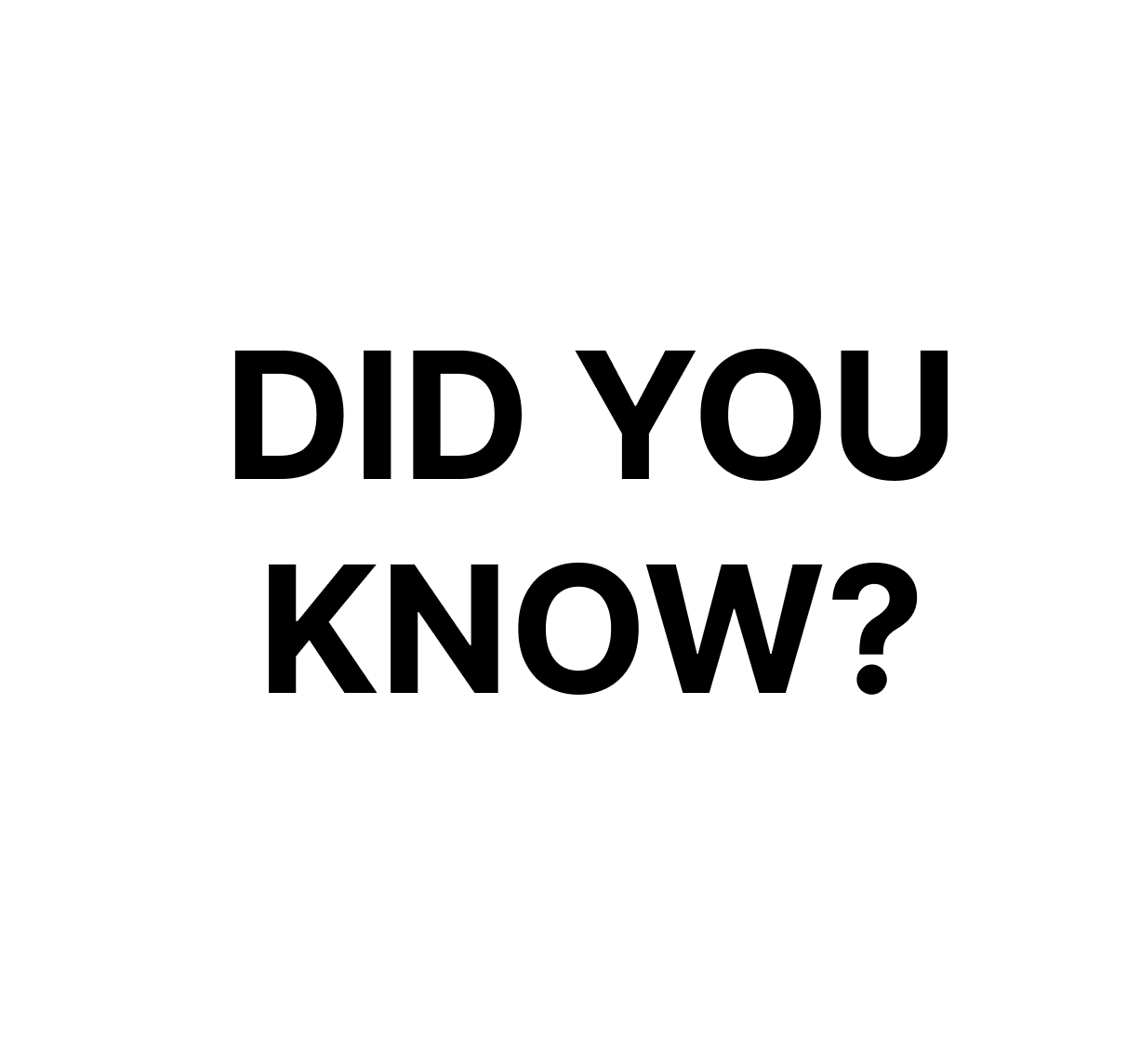
When I tell people I have a camper van, they often go a bit misty eyed. “Ahh, a camper van”, they might say. “I’ve always wanted one of those”. I have realised that particular reaction is really about a fantasy of freedom. The freedom to just set off and not know where you’re going to end up. Unfettered by schedules and obligations and encumbrances of everyday life.
The dreaminess multiplied when I said I was going to the Glastonbury Festival in it last summer. “Ahh, Glastonbury…in a van…”.
It’s not that I’m not the fantasising type – I am a poet after all. But my actual reality at Glastonbury was sensory overload caused by throbbing techno music, throbbing young people on ketamine in crowds and toilets and litter piles probably throbbing with bacteria and possibly new life forms.
Plus, I was going there to do a badly paid poetry gig. On the way to which, my clutch went in a traffic jam on the M1 and I spent a thousand pounds and a day in a depressed former mining town in the Midlands.
I also have a wonderful memory of swimming in a reservoir near said mining town I would never otherwise have visited and chatting to a man called Ian who walked round it every day. Usually, he said, people didn’t stop to talk to him, a man on his own. It was the first anniversary of his wife’s death and he was glad of his chat with a poet in sunflower dungarees.
At Glastonbury itself, my stand out memory is of sitting with a poet friend I only bump into at gigs, anywhere from Edinburgh to Devon. In the 30 degree heat we found a patch of shade under one of the festival flags in a huge field and listened to the soaring violins underneath the Unthanks’ beautiful voices harmonising “Sorrow’s away, sorrow’s away”.

So yes- there is freedom in a camper van and a trip to Glastonbury but for me it’s real, not dreamy. It lies in unexpected encounters, alongside the grit and irritations of life as a freelance creative. The type of freedom I have, as a divorced, child-free, flat-renting writer with little living family and no dependants (not even plants) doesn’t always evoke an envious reaction.
“Is that not sad, not being with your family?” a woman said at a book group I’d gone to talk to, when I said I’d just come back from a retreat at a Buddhist Centre for the three days from Christmas Eve to Boxing Day.
I resisted the temptation to say, half-accurately “They’re all dead” and thought of my walks round the beautiful grounds. The camaraderie of hot chocolate in the dining room after the last meditation session of the day. The relief I felt from not looking at my phone. The sheer lack of faff of organising meals, presents, visits, logistics. The different people I spoke to every day round the dining table (and my delicious, first vegetarian Christmas dinner).
Turns out Buddhist nuns can cook a mean nut roast – although I did have turkey sandwiches all through January to compensate for that one missed portion).
I heard my friends reply “Well, it was chaotic” about their Christmases. “No, it wasn’t sad,” I said. “I enjoyed the peace”.
People’s reactions to my freedom have made me want to write about and explore it in this column. I do seem to have more of it than many people – in my domestic and working life. But it does also seem to be a very relative and subjective thing.

I researched some figures; 13% of households (over eight million people) in this country are people living alone. Around a fifth of women in the UK don’t have children by the end of their reproductive lives. Thirteen percent of workers in the UK are self employed. I am definitely in a minority in my unfettered state – but it is a substantial minority.
I think of the growing group of divorced women in their forties and older who say they don’t want to get remarried, and of my step mum who was widowed at 56, and lonely in some ways – but always said she could never live with another man because she enjoyed being able to “please herself”.
You can also have “freedom from” of course – freedom from money worries, freedom from health worries and insecure living circumstances, freedom from abuse and harm.
But what I want to share is the freedoms that come from relatively small things, that people often don’t take up, maybe out of fear of being seen as selfish or irresponsible.
I know my idea of freedom might not be the same as your freedom but I hope that sharing mine might inspire you to think about yours.
So that maybe by next Christmas, if you didn’t feel free to have the one you really wanted this year, you do. Even though the odds are high that it won’t involve a Buddhist retreat, a camper van or some sunflower dungarees.

An amateur football team from West Auckland won the first World Cup in 1909. They won it again in 1911, beating Juventus 6-1











